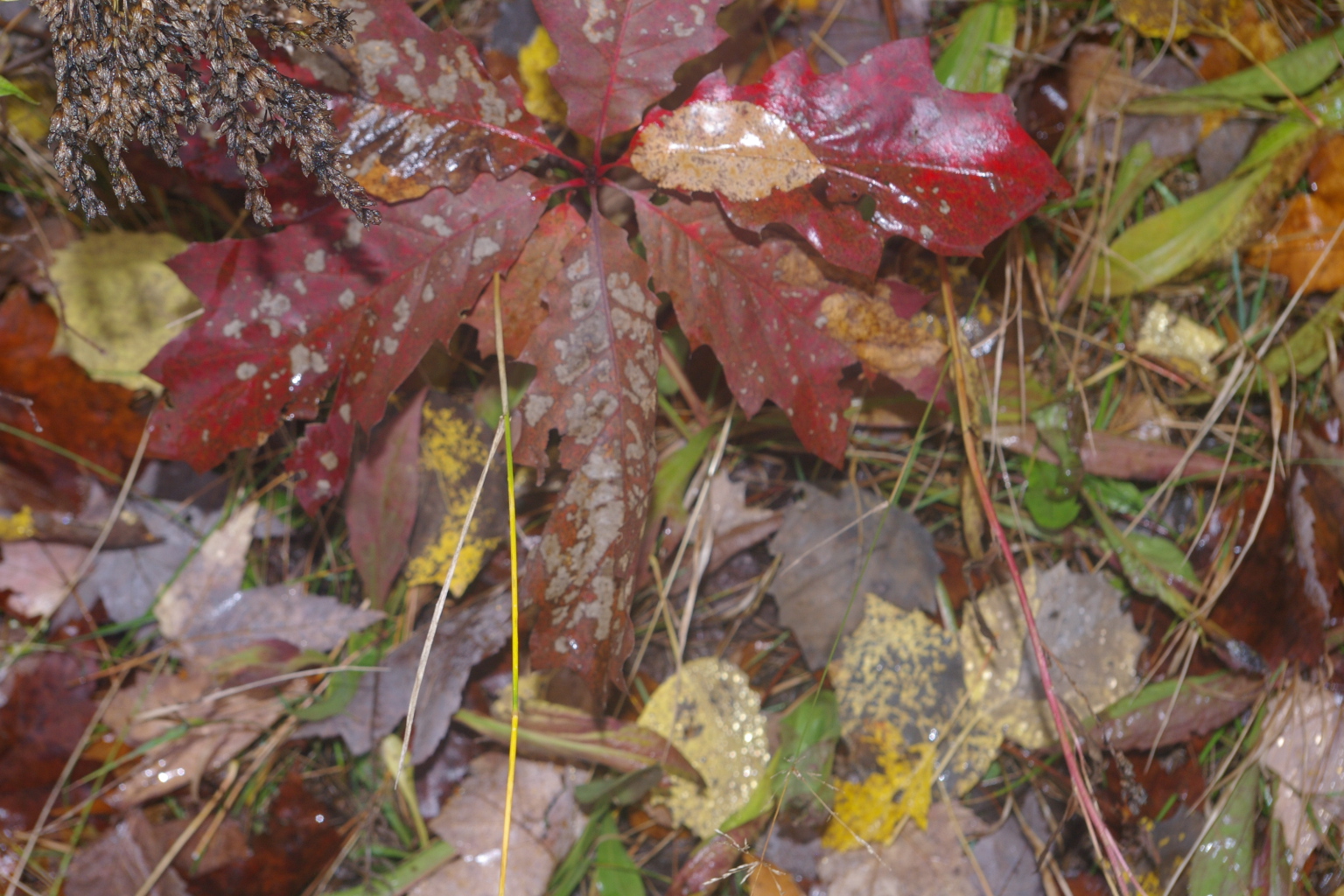I believe that self-kindness leads to self-compassion, which leads to self-acceptance. For people who’ve experienced the deeply personal trauma of sexual violence, it can be very, very hard to be kind to yourself, let alone being compassionate or accepting.
Survivors often fall into traps of self-blame, self-pity and self-harming. We swim through the sewer of our feelings and memories, often surrounded by people who pull us down each time we come up for air.
If we’re lucky, we are instead surrounded by people who love and support us, even when we feel completely broken. Some days, it’s the love of other people that helps us reach out of the muck and grasp some sunshine. The pain is still there, yet we can make it through the day because of that love.
When I was suffering after my assault, I was very isolated from friends and family. I felt I had nobody to talk to. So I used writing to pull myself up. I talked to myself, told myself my stories, and left it at that.
I’ve learned better ways to use writing to heal. My assault was more than 20 years ago, and I still have difficult days, and still get triggered sometimes. The writing I do nowadays is on purpose… with purpose… deliberate.
It’s a review exercise now, because I already did the work and reached radical self-acceptance.
When I get knocked down, though, I begin by being kind to myself. I remind myself that I’ve done amazing work, and I have lots of loved ones now, and I am valued in the world because I am, deep down, a pretty darn good person. I make a list of all the people who care about me.
I’m compassionate toward myself, forgiving my slips and making amends to myself and others if harm has happened. I am gentle and practice taking care of myself even when I feel terrible. I write long gratitude lists and write memories that help me feel calm.
I quickly get back to self-acceptance because I spent A LOT of time memorizing how that feels, practicing, practicing, practicing. The years of writing down my feelings and memories were worth the work. I don’t have to do the work over again; I can skip ahead to the happy ending and get back to being myself.
Writing on purpose was one way I got here. There are tons of ways to write on purpose. What do you do?
If you found this post interesting or thought-provoking, check into joining the Beyond Brave Community where Evelyn has many healing conversations with other survivors like you.
